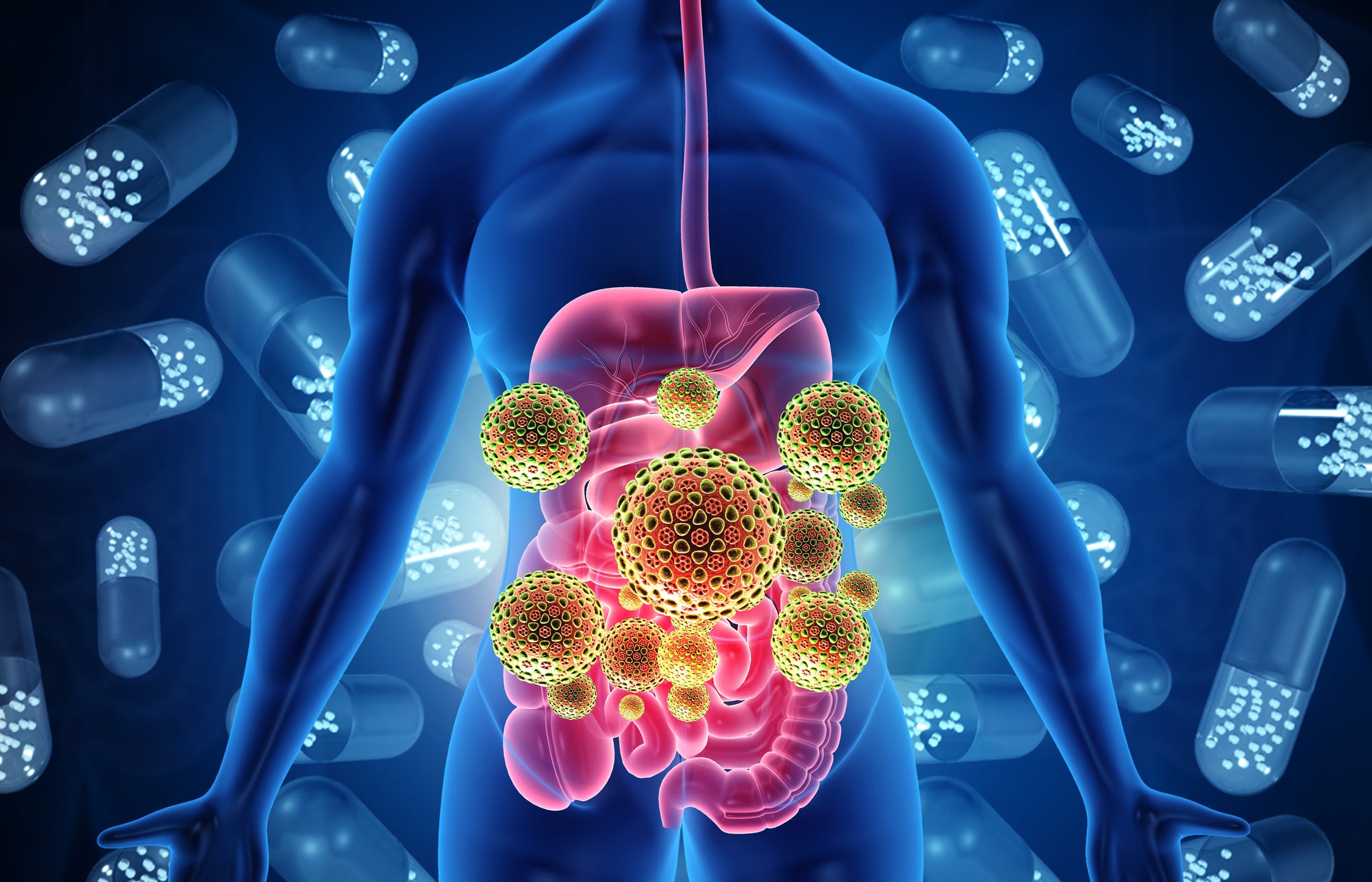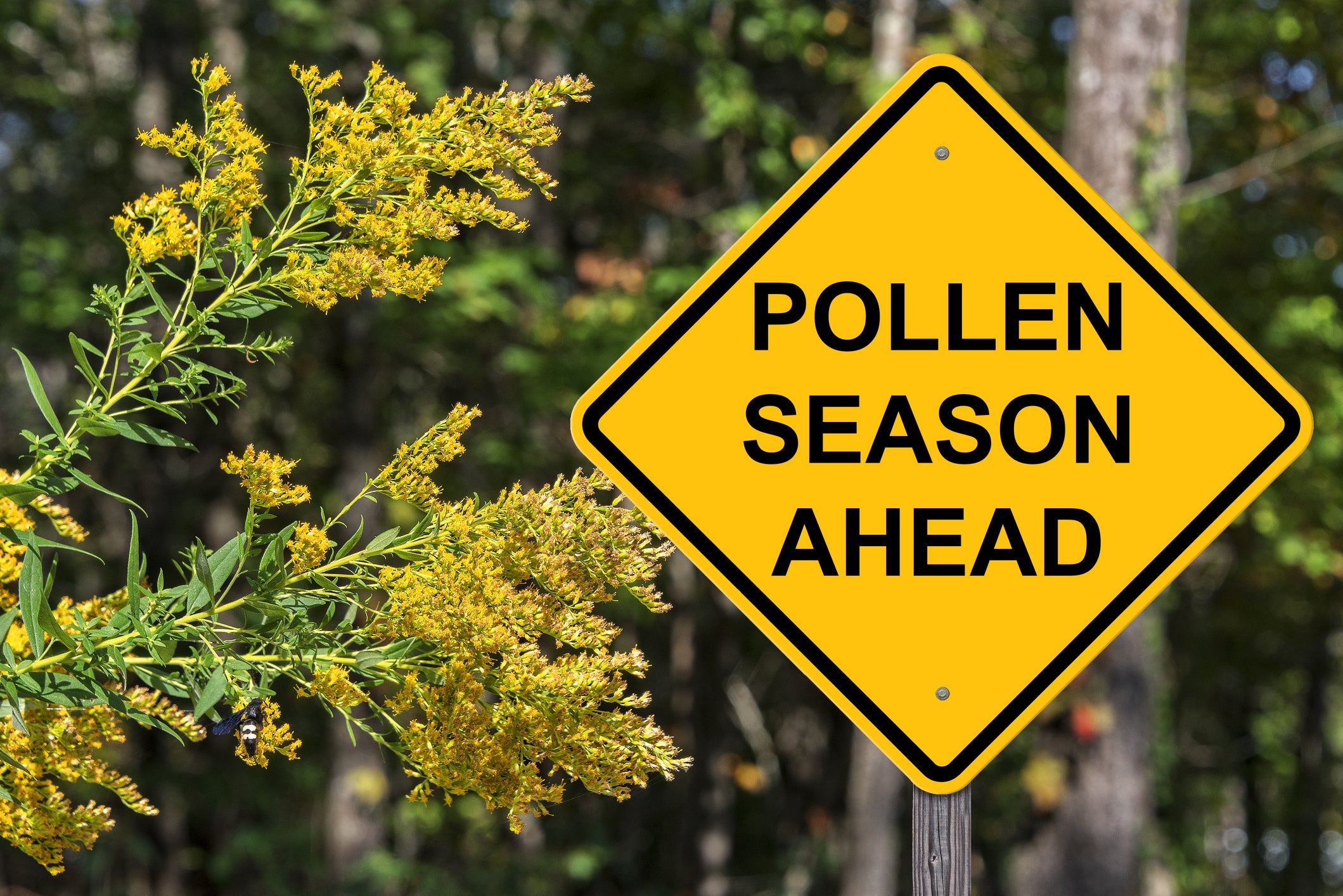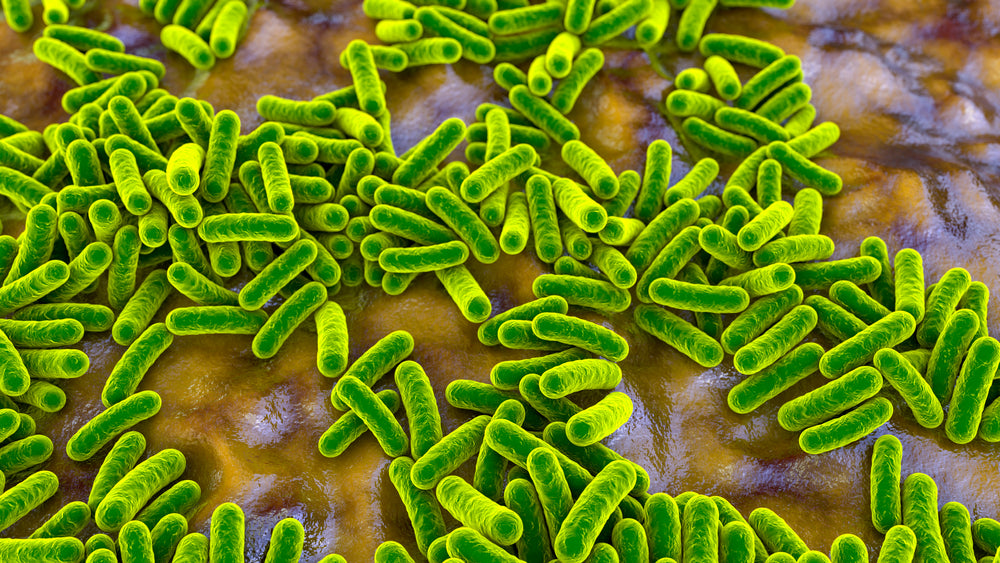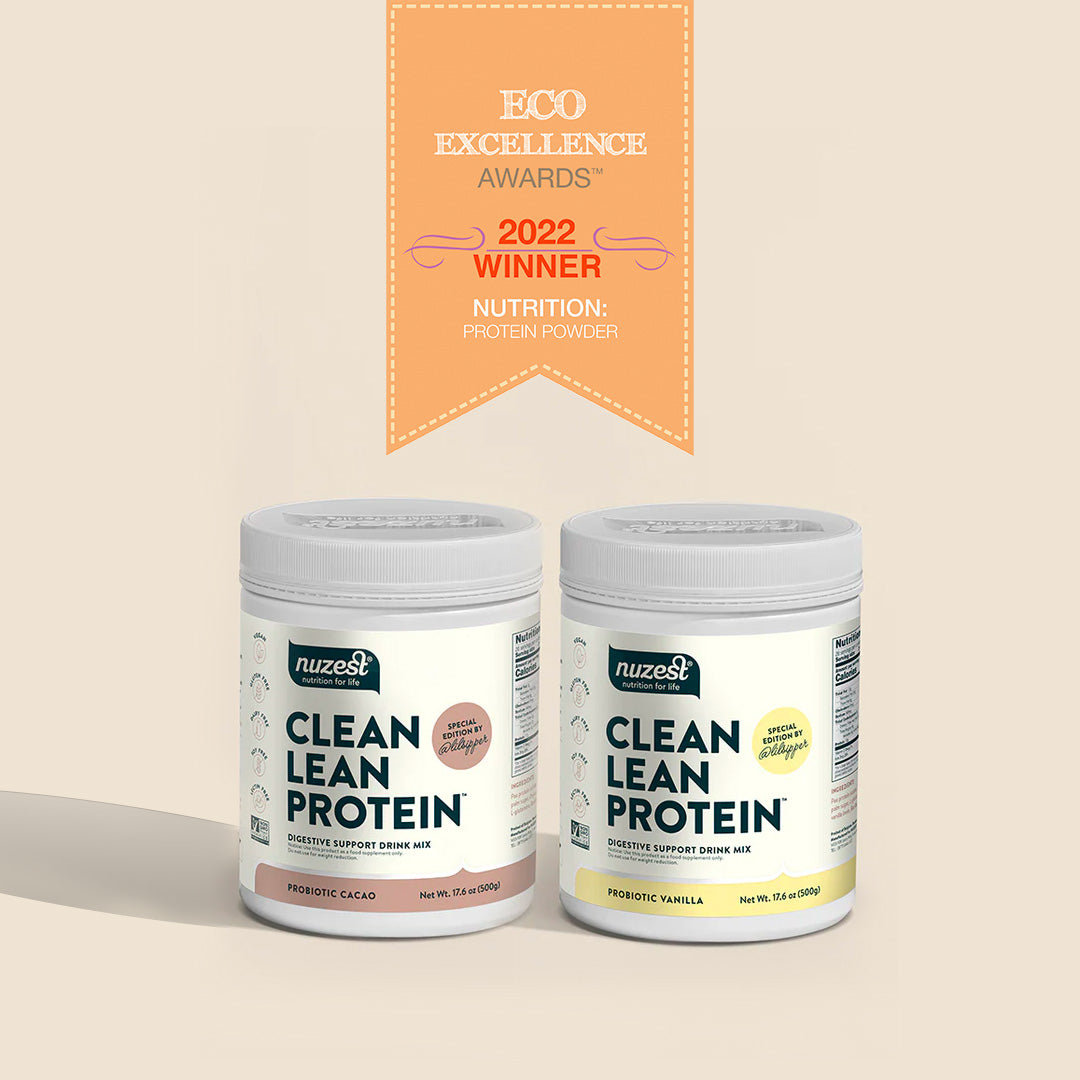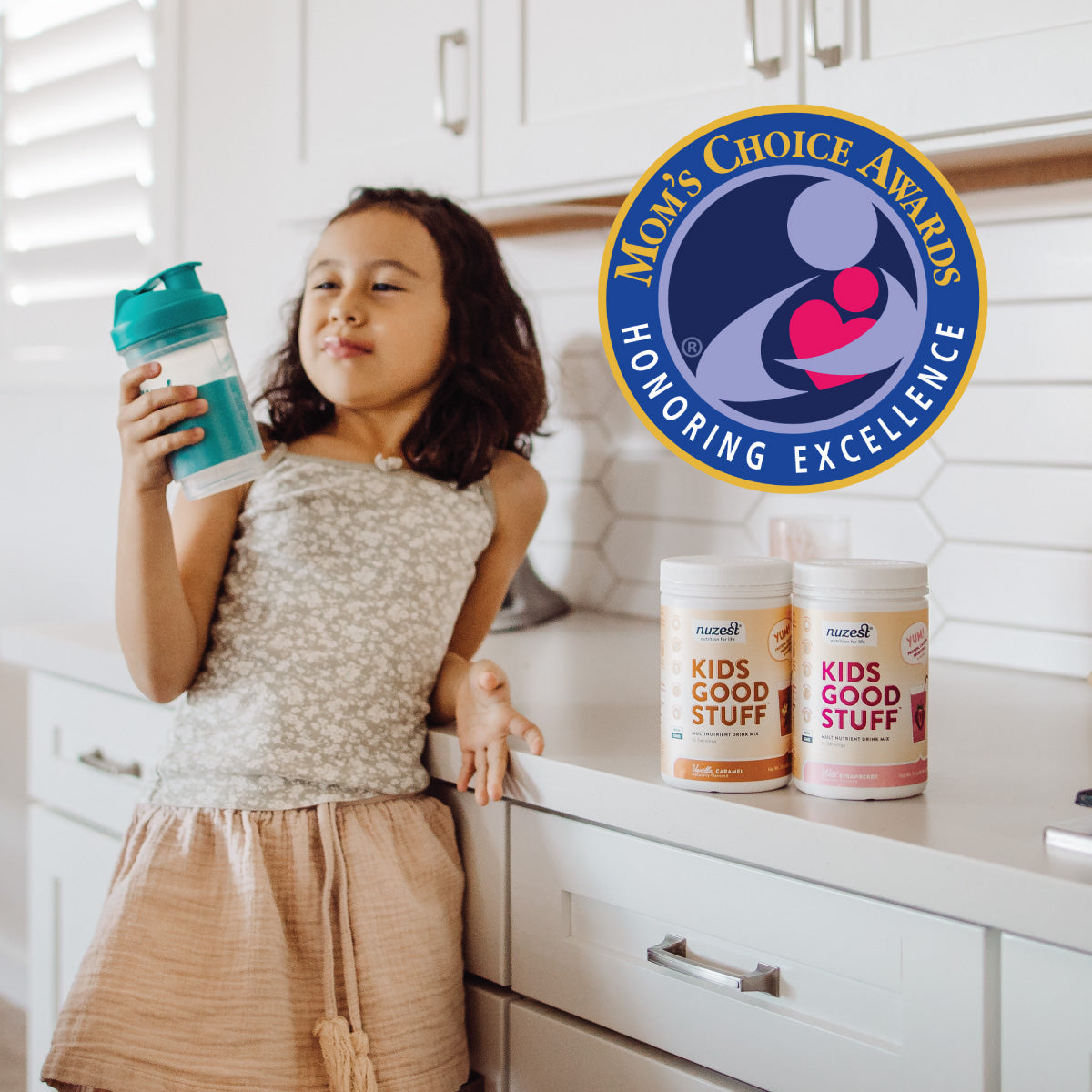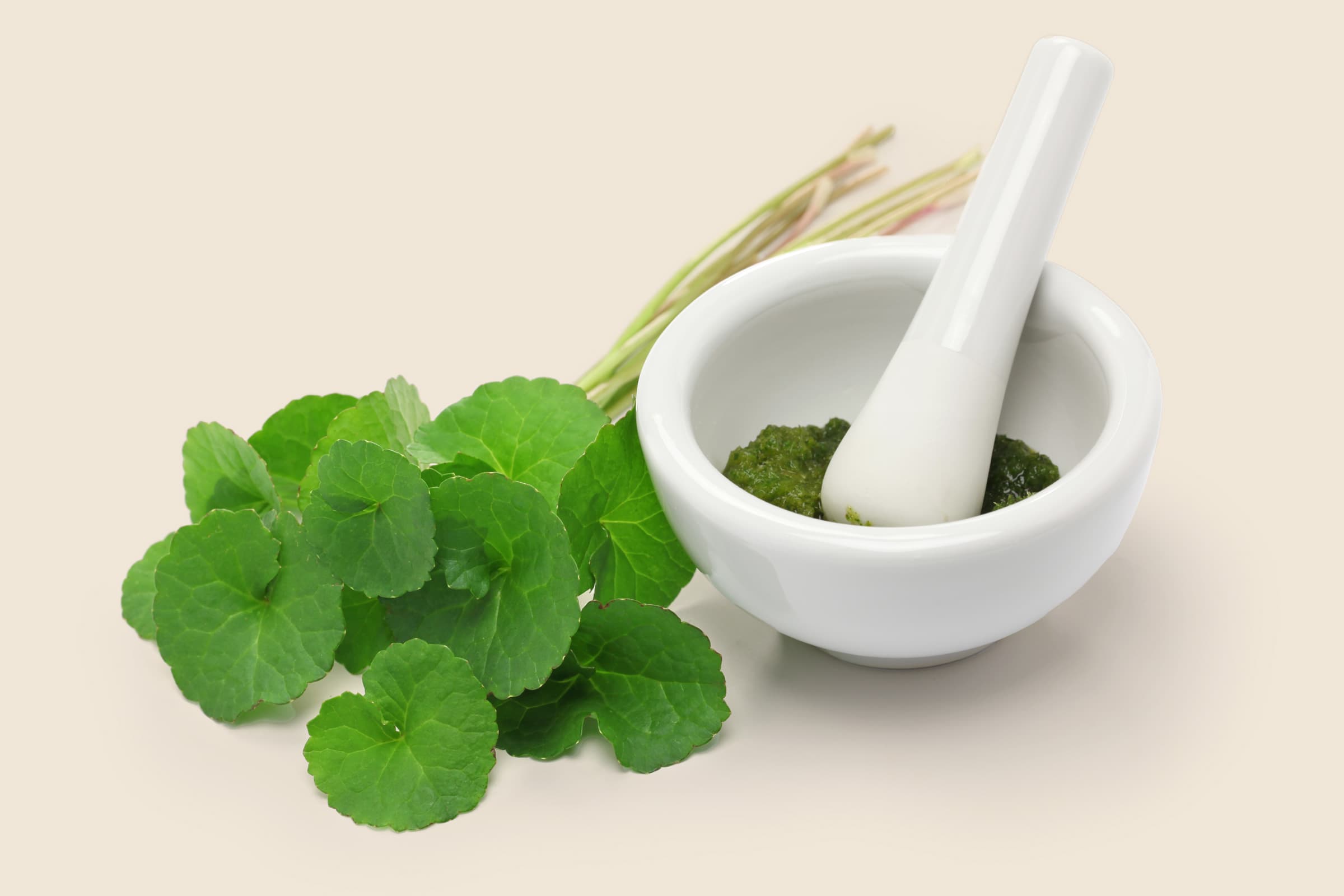By Kerry Weiss for Kopa
Have you ever felt that what you eat has a direct impact on your skin? Or, that when you have digestive woes, your skin also suffers? As it turns out, there might be something to both of those theories. Researchers are taking a new interest in studying the relationship between the gut microbiome and conditions that affect the skin, such as psoriasis—and findings are promising. Continue reading below to learn how your gut health could affect your skin.
The Link Between Gut Health and Your Skin
“Our gut can be considered our second brain,” says Danielle Currey, N.D., a naturopathic physician based in Troutdale, Oregon, who herself has both psoriasis and psoriatic arthritis. “It’s the main component of our immune system. And with psoriasis, there’s a big boost of inflammation and reactivity in our immune system.”
So, how does this inflammation relate to your gut—and an inflammatory skin condition such as psoriasis? “We’re still trying to figure that out,” says Kory Patrick Schrom, M.D., a dermatology resident at University Hospitals Cleveland Medical Center in Ohio, who has studied the microbiome’s effect on psoriatic disease. “Current research is looking at whether there’s a relative abundance of certain bacteria and potentially even fungi that live in the gut, and how they might implicate the whole pathogenesis of psoriasis.” In other words, organisms in your gut could be causing symptoms that show up on the skin, but scientists don’t know exactly how yet.
If you notice changes to your skin and at the same time experience gastrointestinal (GI) symptoms, such as IBS (irritable bowel syndrome), frequent heartburn, constipation, diarrhea, gas, or bloating, you may want to take a closer look at your diet and how making healthy changes could assist in improving your symptoms.
Dietary Changes to Try
Schrom doesn’t recommend any one specific diet; instead, he suggests aiming for a well-balanced diet by following the MyPlate dietary guidelines created by the USDA, avoiding refined sugars and grains, and eating high-fiber foods for their gut-health benefits.
You may have heard of other diet plans you could try to improve your gut health, but it might take a little trial and error to find improvement. “You have to find which diet works best for you—there’s no one-size-fits-all diet,” says Currey. We all vary because of our genetics, nutritional needs, and ability to digest different types of foods, she says.
“I do pretty well on a Paleo-Mediterranean diet,” adds Currey. “I’ve seen patients do well on a vegan diet. I’ve seen patients go gluten-free, and that makes a big difference [for them].”
Diet Trial and Error
No matter what you choose to eat, it’s important to pay attention to how you feel. “You could be eating what you think is a really healthy diet, but if there are a few foods in there that your body can’t digest well, that’s going to increase your inflammation, and that’s going to reduce your ability to actually absorb nutrients from your diet,” says Currey. “It’s a matter of doing a little exploration with yourself and figuring out which foods feel good in your body.”
One of the best ways to do that is to keep a food journal and write down everything you eat and drink. “Also check in about two hours after you eat, to figure out how you feel after you’ve eaten,” says Currey. “Do you feel good? Does it feel like the foods gave you energy? Did they digest well? Or are you sluggish? Do you have gut pain? A headache? Itchy skin? Keep track of stuff like that,” says Currey.
And while what you eat is important—how you eat is equally important. “If you’re constantly eating on the run, that doesn’t give your system a chance to warm up and get ready for digestion,” adds Currey. “Are you sitting back and relaxed? Are you chewing your food thoroughly? Are you thinking about and smelling food and looking at it before you eat? That gives your digestive system a chance to turn on and get ready for food, which is going to make your digestion much better.”
Every food, beverage, and supplement you put into your body matters and can impact your gut. That is why Nuzest developed its Digestive Support Protein, which is European Golden Pea protein blended with probiotics and other gut-friendly ingredients for healthy digestive support. It contains no artificial sweeteners, flavors, gums, or fillers; plus the L-Glutamine and particular probiotics in this formula were added to target gut health. If you are looking to support your gut with ingredients that support a happy, healthy gut, Digestive Support Protein and the Digestive Enzyme Blend may be good options for you.










